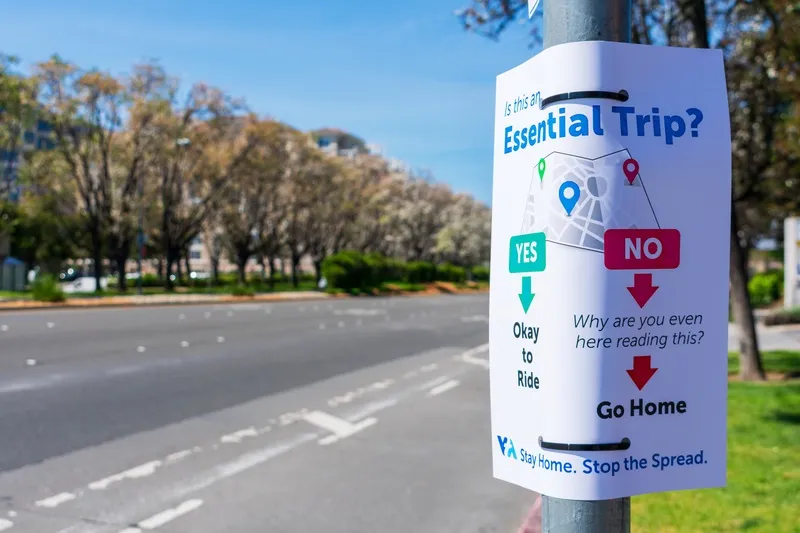
Europe is leading the world in the development of Mobility as a Service (MaaS) - but Latin America is increasingly important, says Martynas Gudonavičius, CEO and co-founder of Trafi.
The MaaS provider, which is behind Berlin's Jelbi app, has just announced it is to set up a platform in Colombian capital Bogotá - and is to make an announcement about another city on the South American continent shortly.
"Europe is leading the way, that's absolutely true," Gudonavičius told ITS International. "No other continent is more advanced in terms of MaaS deployments as Europe is...but I would really call Latin America as a possible number two market in which we see loads of action happening."
"As we speak, there are a number of tenders and conversations happening with both cities and big powerful private players who want to become MaaS operators," he continues.
"So if I need to map out the most popular places in the world now for us, it's Europe and it's Latin America - clearly those two are leading the way."
Full details of the Bogotá deal have yet to be disclosed but it will be a white label product covering multiple modes.
"You will be able to just register once, and you will be able to book, pay, unlock vehicles within that one product," Gudonavičius says. "You won't need to jump into other applications in order to finish your journey or to finish the booking, it's all going to happen in one single platform."
During the first coronavirus wave last year, Bogotá repurposed significant stretches of its roads as cycleways.
"What Bogotá did is phenomenal," he continues. "And that definitely impacts what we are doing there because we are going to push cycling even more now."
As well as showing users the bikes available from providers, Trafi's platform will also help people use their own bikes.
"We're not going to show only the cycling options of the e-bikes and bike providers," Gudonavičius explains.
"That's going to be live there, but we're also going to show the personal biking and personal cycling options too - so if you have a bicycle, we're going to give you the routing options, we're going to give you also the possibilities to find the best way to go with your own bike, and with the shared bikes too. So that's the impact that affects our product offering."










